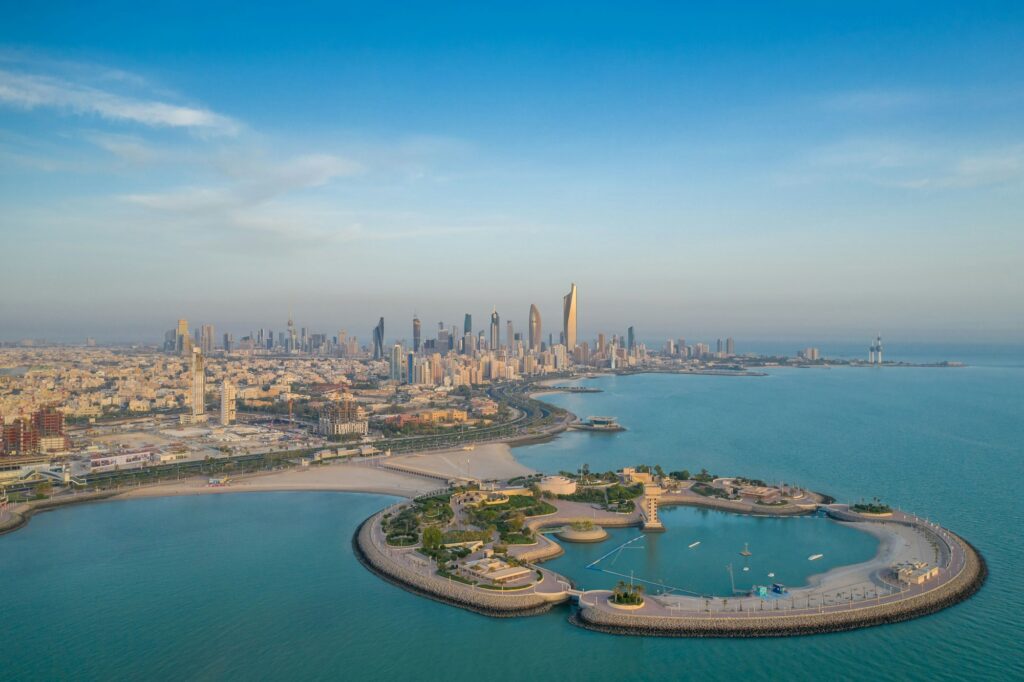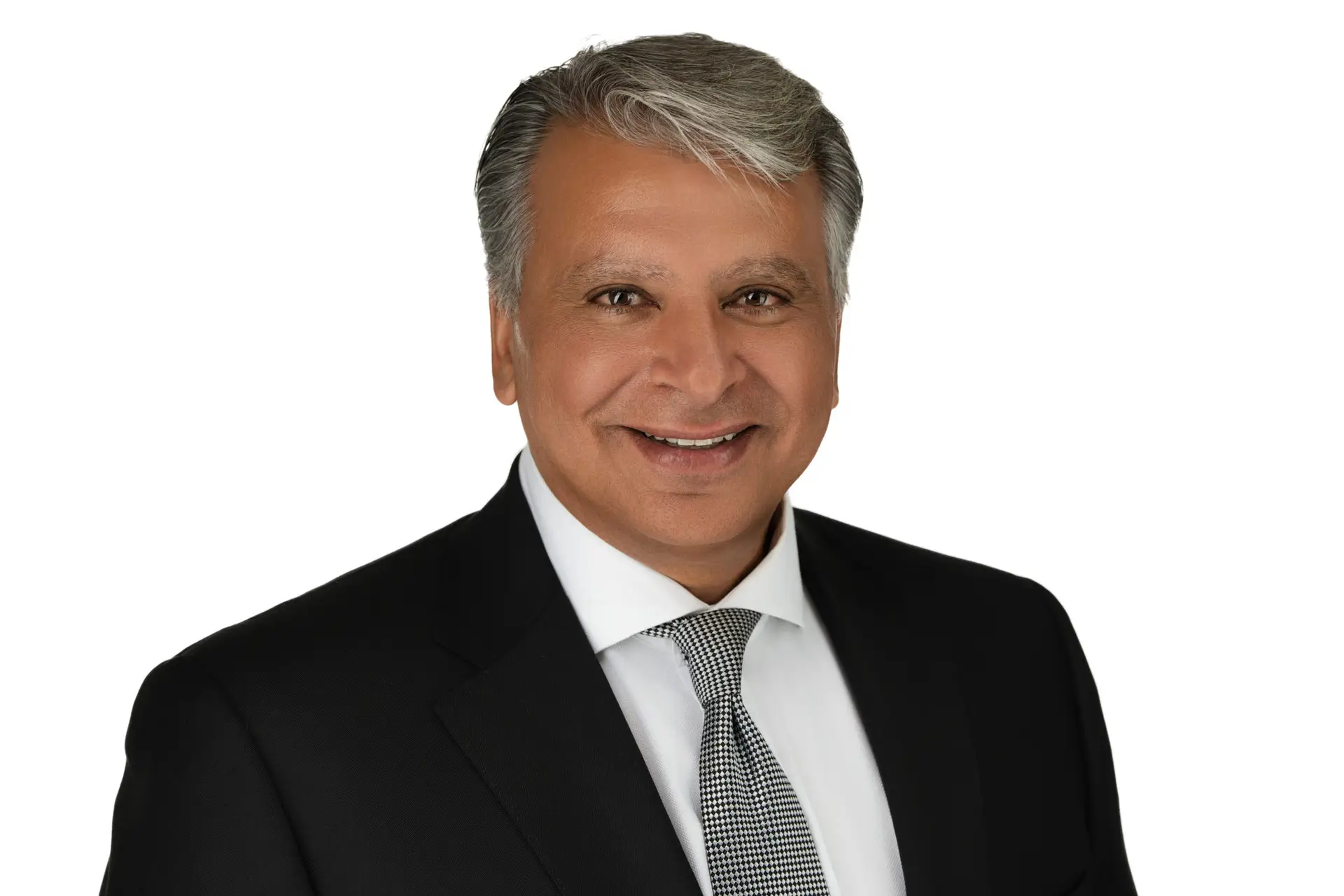Introduction
Kuwait, a small yet affluent country in the GCC, is known for its rich cultural heritage, modern infrastructure, and a welcoming atmosphere for expatriates. For those considering a move to Kuwait, understanding its cultural norms, work environment, housing options, and expat community is crucial for a smooth transition. This guide provides an overview of life in Kuwait, covering essential aspects that expatriates need to know.
Culture
Kuwait boasts a deep-rooted cultural heritage influenced by its Islamic traditions and Bedouin history. The country is predominantly Muslim, and Islamic customs and practices shape everyday life. It is essential for expatriates to respect local customs, such as dressing modestly and observing public behavior during the holy month of Ramadan.
Hospitality is a significant aspect of Kuwaiti culture. Locals are known for their friendliness and generosity, often inviting expats to share in cultural events and family gatherings. While Arabic is the official language, English is widely spoken, particularly in business and expatriate communities. This makes it easier for expatriates to communicate and integrate into society.
Kuwait also has a rich artistic and cultural scene. Museums, art galleries, and theaters frequently host exhibitions and performances that reflect the country’s history and modern artistic endeavors. The National Museum, Tareq Rajab Museum, and the Scientific Center are notable cultural landmarks worth exploring.
Cost of Living
The cost of living in Kuwait can be high, especially when it comes to housing and education. However, many expatriates find that the lack of income tax offsets these expenses. Key expenses to consider include:
- Accommodation: Rental prices can vary, with upscale areas such as Salmiya and Al Shaab being more expensive.
- Utilities: Generally reasonable but can add to overall living costs.
- Groceries: Imported goods are more expensive, but local markets offer affordable options.
- Dining Out: A range of options from high-end restaurants to budget-friendly eateries.
- Transportation: Public transport is limited, so owning a car is common and involves additional expenses like fuel and insurance.
While certain aspects of living in Kuwait can be costly, daily expenses such as food, transportation, and utilities are relatively affordable. Many expatriates receive housing allowances and other benefits as part of their employment packages, which can help mitigate the high cost of living.
Job Opportunities
Kuwait offers various job opportunities, particularly in sectors such as oil and gas, finance, education, and healthcare. The country’s robust economy is driven by its vast oil reserves, making it a global player in the energy sector. Healthcare professionals, educators, and engineers are in high demand.
Employment contracts typically include benefits such as housing allowances, health insurance, and annual leave. It is essential to secure a job offer before moving, as the work visa process requires sponsorship from a Kuwaiti employer.
For those looking to advance their careers, Kuwait provides numerous professional development opportunities. Many multinational companies operate in Kuwait, offering training programs and career growth prospects. Networking events, professional associations, and industry conferences are also valuable resources for expatriates looking to expand their professional network.
Housing
Housing options in Kuwait range from luxury villas to modern apartments. Popular residential areas for expatriates include:
- Salmiya: A bustling area with numerous shops, restaurants, and entertainment options.
- Fintas: Known for its coastal views and family-friendly environment.
- Jabriya: Offers a mix of villas and apartments, close to major hospitals and schools.
Rental prices can vary significantly based on location and property type. For instance, a three-bedroom apartment in an upscale area may cost around KWD 800 to KWD 1,500 per month, while similar accommodation in a suburban area might be more affordable.
When choosing a place to live, consider factors such as proximity to work, schools, and amenities. Many expatriates prefer living in gated communities that offer additional security and recreational facilities such as swimming pools, gyms, and playgrounds. Real estate agents can provide valuable assistance in finding suitable housing and navigating the rental process.
Expat Support
Kuwait has a thriving expatriate community, and various organizations and social clubs provide support and networking opportunities. These groups often organize events, cultural activities, and recreational outings, helping newcomers settle in and build connections.
Some notable expat organizations include:
- Kuwait Expats: An online community offering resources and forums for expats.
- The British Ladies Society: Provides social events and support for British expatriates.
- American Women’s League: Offers social and charitable activities for American expatriates.
Additionally, many international schools and cultural centers offer activities and programs that cater to expatriate families, fostering a sense of community and belonging. Expatriates can also join sports clubs, fitness centers, and hobby groups to meet like-minded individuals and engage in leisure activities.
Healthcare
Kuwait offers a high standard of healthcare, with both public and private hospitals providing comprehensive medical services. Expatriates typically rely on private healthcare facilities, which offer shorter wait times and more personalized care. It is crucial to have health insurance, which is often provided by employers.
Notable healthcare facilities in Kuwait include:
- Al Seef Hospital: A leading private hospital known for its advanced medical technology and specialized services.
- Dar Al Shifa Hospital: Offers a wide range of medical services, including specialized clinics and emergency care.
- Mubarak Al-Kabeer Hospital: A major public hospital providing extensive medical and surgical services.
Education
Kuwait has a range of educational options for expatriate families, including international schools that follow various curricula, such as British, American, and the International Baccalaureate (IB). Some of the top international schools in Kuwait include:
- The American School of Kuwait: Offers an American curriculum with a focus on holistic development.
- The British School of Kuwait: Provides a British curriculum and prepares students for GCSE and A-Level examinations.
- The Gulf English School: Offers both British and American curricula, catering to a diverse student population.
Higher education opportunities are also available, with institutions such as Kuwait University and the American University of Kuwait offering undergraduate and postgraduate programs.
Leisure and Entertainment
Kuwait offers a variety of leisure and entertainment options for expatriates. The country’s coastline features beautiful beaches and waterfront promenades, perfect for relaxing and enjoying outdoor activities. Popular leisure spots include:
- Marina Crescent: A popular waterfront area with cafes, restaurants, and shops.
- Green Island: An artificial island offering recreational facilities and picnic areas.
- Failaka Island: A historic island with archaeological sites and beach resorts.
Shopping is a favorite pastime in Kuwait, with numerous malls and souks offering a wide range of products. The Avenues Mall, 360 Mall, and Souq Al-Mubarakiya are some of the top shopping destinations.
For those interested in sports and fitness, Kuwait has a range of facilities, including gyms, sports clubs, and golf courses. The country’s love for football is evident, with many local leagues and clubs welcoming expatriates to join and participate.
Safety
Kuwait is considered a safe country for expatriates, with low crime rates and a stable political environment. The country’s strict laws and effective policing contribute to its overall safety. However, it is always advisable to exercise common sense and take basic precautions, such as securing personal belongings and avoiding unfamiliar areas at night.
Kuwait’s healthcare system is also well-prepared for emergencies, with efficient ambulance services and emergency care available at major hospitals.
Conclusion
Kuwait offers a unique blend of traditional culture and modern amenities, making it an attractive destination for expatriates. Understanding the cultural norms, cost of living, job opportunities, housing options, and expat support systems is crucial for a successful transition. With its welcoming atmosphere and diverse expatriate community, Kuwait provides a fulfilling and enriching experience for those who choose to make it their home.
Whether you’re moving for work, family, or adventure, Kuwait promises a vibrant lifestyle with ample opportunities for personal and professional growth.




